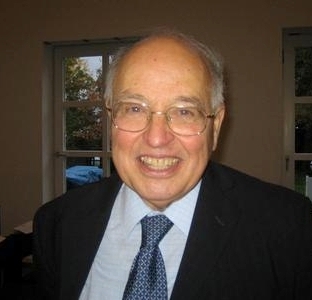A Quote by Mason Cooley
The suburbs: signs of life, but no proofs.
Quote Topics
Related Quotes
The signs that presage growth, so similar, it seems to me, to those in early adolescence: discontent, restlessness, doubt, despair, longing, are interpreted falsely as signs of decay. In youth one does not as often misinterpret the signs; one accepts them, quite rightly, as growing pains. One takes them seriously, listens to them, follows where they lead. ... But in the middle age, because of the false assumption that it is a period of decline, one interprets these life-signs, paradoxically, as signs of approaching death.
I think it is said that Gauss had ten different proofs for the law of quadratic reciprocity. Any good theorem should have several proofs, the more the better. For two reasons: usually, different proofs have different strengths and weaknesses, and they generalise in different directions - they are not just repetitions of each other.
I had fallen in love. What I mean is: I had begun to recognize, to isolate the signs of one of those from the others, in fact I waited for these signs I had begun to recognize, I sought them, responded to those signs I awaited with other signs I made myself, or rather it was I who aroused them, these signs from her, which I answered with other signs of my own . . .
Mathematicians are proud of the fact that, generally, they do their work with a piece of chalk and a blackboard. They value hand-done proofs above all else. A big question in mathematics today is whether or not computational proofs are legitimate. Some mathematicians won't accept computational proofs and insist that a real proof must be done by the human hand and mind, using equations.
The state of New Jersey is really two places - terrible cities and wonderful suburbs. I live in the suburbs, the final battleground of the American dream, where people get married and have kids and try to scratch out a happy life for themselves. It's very romantic in that way, but a bit naive. I like to play with that in my work.






































